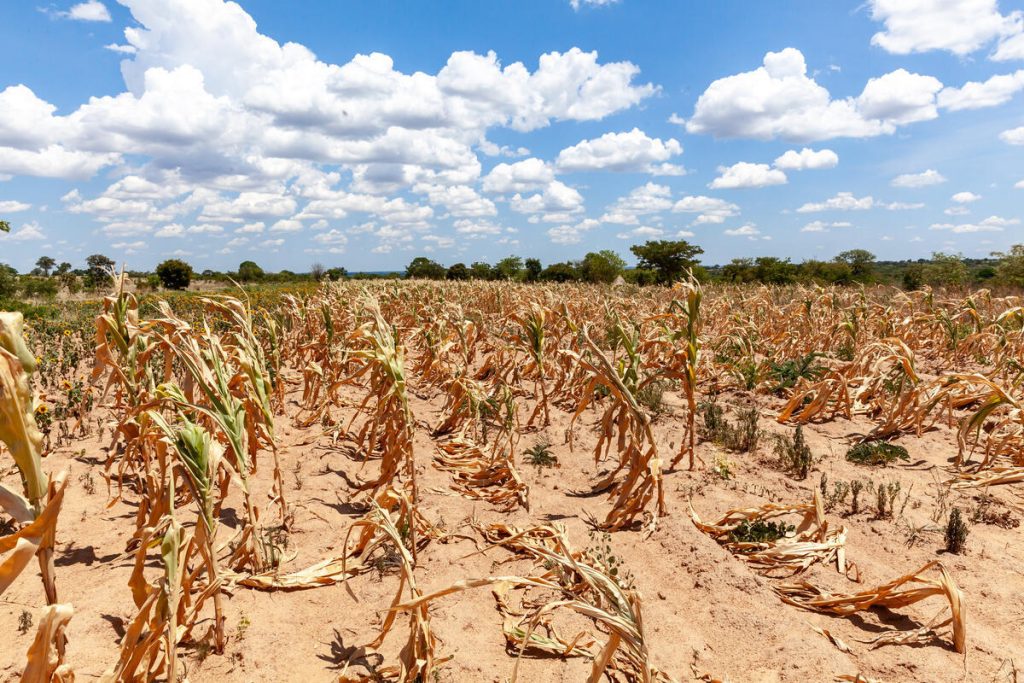The United Nations has issued a stark warning that millions of people in southern Africa are facing severe hunger due to an unprecedented drought that threatens to escalate into a major humanitarian crisis.
Over recent months, five countries—Lesotho, Malawi, Namibia, Zambia, and Zimbabwe—have declared a state of national disaster as the drought has severely impacted crop production and livestock. The UN’s World Food Programme (WFP) also highlighted that Angola and Mozambique are experiencing critical conditions.
According to the WFP, the situation is expected to worsen until the next harvest, anticipated in March or April next year. Tomson Phiri, the WFP spokesperson for southern Africa, described the scale of the crisis: “A historic drought — the worst food crisis yet — has devastated more than 27 million lives across the region. Some 21 million children are malnourished.”

The WFP is currently distributing food and running relief programmes; however, it has received only 20% of the $369 million needed to provide adequate support. Phiri emphasised the urgency of the situation, warning that immediate assistance is required to prevent the drought from escalating into a full-scale humanitarian disaster.
The drought has been primarily driven by the recurring El Niño weather phenomenon, which causes severe dry conditions in some regions and heavy rainfall in others. In July, a UN official told AFP that this could be the worst drought in the region in a century.
The impact has been devastating, with Zambia seeing a 70% loss in harvests, and Zimbabwe facing an 80% reduction, according to Lola Castro, WFP’s acting regional director for southern Africa. In addition to food shortages, the drought has also led to significant hydropower shortages, causing widespread electricity cuts. In response to the scarcity of resources, Zimbabwe and Namibia have announced wildlife culls.

